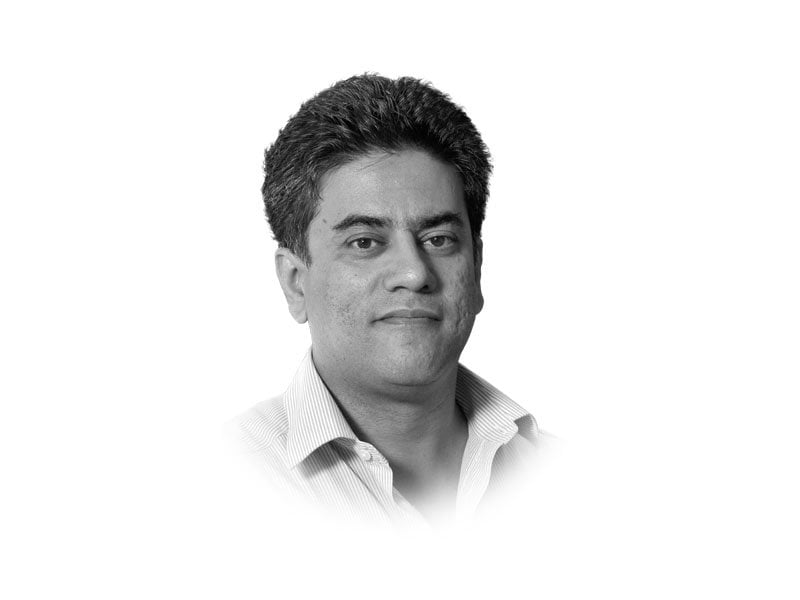
But this is no cause for celebration. Aside from Karachi stand war-wracked Damascus, the troubled Venezuelan capital Caracas and the crime-infested city of Lagos in Nigeria in the same list.
Recent pictures coming out of Caracas show things have turned so bad owing to the country’s economic crisis that there are no jobs to be had and people make a living by sifting through gutters and drains to collect metal which they hope to sell to buy a square meal for themselves.
Lagos may be economically better but it is a crime-infested city where residents avoid going out at night for fear of armed robbers who shoot first and ask for money later. Damascus may be comparatively better but it is a city that is besieged by war and refugees.
The EIU report says that cheaper cities also tend to be less livable. According to The Economist Intelligence Unit, although the region in which Pakistan lies remains structurally cheap, instability is becoming an increasingly prominent factor in lowering the relative cost of living of a location. This means that there is a considerable element of risk in some of the world’s cheapest cities.
Despite the operation to clean up Karachi, as a city, it lacks solid institutions. The police and health services have gone to the dogs. There is no city government as such and the city’s mayor is unable to muster any sort of civic activity without a nod from the provincial government or the paramilitary Rangers.
As a city, Karachi lacks character and ownership. It is a unique city – one that was overrun in the years following the partition of the Indian sub-continent by refugees from northern India. They form the biggest ethnic group now and the original inhabitants - which included the Sindhi Hindus, the Parsis, the Sindhi Muslims and the Goans and other sections of the Christian community are no more as prominent in the city’s affairs. And it shows.
With its second largest ethnic community being Pakhtoons followed closely by the Punjabis, all outsiders, Karachi is a city that is always being pushed or pulled in one direction or another. Its government is not representative of the people. Being the country’s commercial capital, it is also a source of earning for a number of people who do not have a stake in the city.
Possibly it is the only city in the world of its size that does not have a mass transit or efficient public transport system. It is a water-starved city that can possibly follow the footsteps of Cape Town if enough investment is not made in the water supply system and also in changing peoples’ attitude towards water.
Infrastructure has failed to keep up with the rapid rise in population. Federal spending on Karachi, as compared to cities like Lahore, is woefully low.
Much of the city is under illegal occupation through encroachments. Law and order continues to be a challenge, given the different groups and outfits that have made the city their base. It is a city where one can get lost easily.
And yet the city, with all its problems, is the economic powerhouse of Pakistan. It is also the city that leads in terms of culture and commerce, despite the neglect from officialdom. The city’s planners and managers should not see the title of cheapest to live in as an accolade. They should instead see how investments – both public and private- can be increased in the city so that it becomes more livable for both inhabitants and visitors.
Much needs to be done but the beginning has to come from ownership and representation. What we see is that the city has no leadership. No one wants to own Karachi. That is where we should begin.
Published in The Express Tribune, March 19th, 2018.
Like Opinion & Editorial on Facebook, follow @ETOpEd on Twitter to receive all updates on all our daily pieces.













COMMENTS (1)
Comments are moderated and generally will be posted if they are on-topic and not abusive.
For more information, please see our Comments FAQ